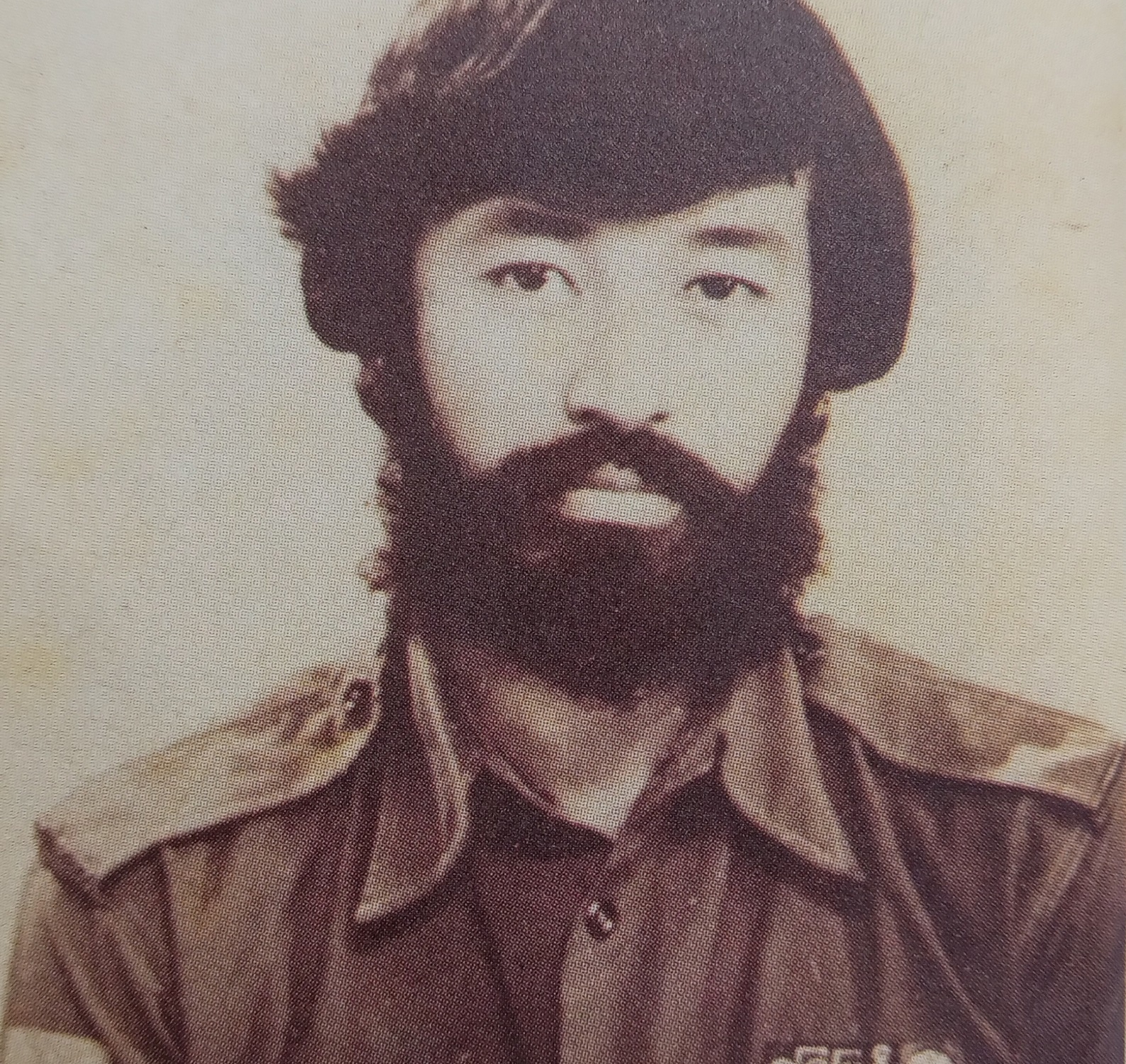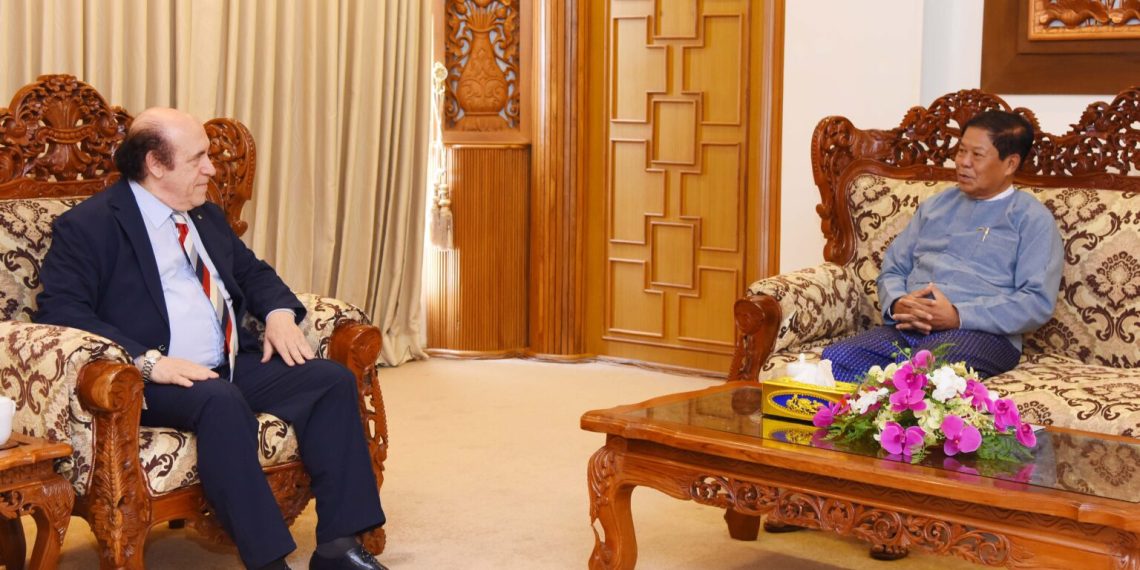The Myanmar regime continues to rely on former military intelligence officer in its effort to thwart the ongoing anti-regime movement, especially in the non-combat arena. A case in point is a recent disinformation campaign that aimed to drive a wedge between the country’s democracy leader Daw Aung San Suu Kyi and anti-regime resistance forces.
It all started with a short news story published by little-known Japan-based outlet PanOrient News on July 11, reporting a secret meeting in Naypyitaw two days earlier between Myanmar’s detained leader Daw Aung San Suu Kyi and Don Pramudwinai, who was then the Thai foreign minister.
Somewhat buried in the middle of the story was a controversial claim, attributed to anonymous sources, that the detained leader told Don that “she neither recognizes nor supports the PDF or the NUG accused by the government of Myanmar of ‘terrorism and the killing of innocent people.’” The NUG refers to Myanmar’s shadow National Unity Government and the PDF, or People’s Defense Force, is its armed wing. Both enjoy popular support and have been trying to topple the military regime in the wake of the coup in 2021.
Daw Aung San Suu Kyi’s alleged statement triggered widespread confusion. But observers were quick to express suspicion that the quote had been concocted, pointing out that the democracy leader had earlier expressed support for the anti-regime resistance movement. Others, noting that the report echoed the regime’s narrative of branding the NUG and PDF as terrorist organizations, questioned PanOrient’s motive for publishing such a clam. Furthermore, Don didn’t confirm Daw Aung San Suu Kyi’s alleged statement once it was published.
Sources familiar with the matter told The Irrawaddy that a former military intelligence officer, Colonel Hla Min, was behind the effort to spread misinformation about the democracy leader via PanOrient through distorted reporting of the meeting between Daw Aung San Suu Kyi and the outgoing Thai foreign minister. Hla Min played an intermediary role between the regime and PanOrient, they said.

In fact, a connection between PanOrient and the junta already existed. In May this year, the news outlet’s president, Khaldon Azhari, arrived in Naypyitaw for a meeting with the junta’s Foreign Minister Than Swe and Information Minister Maung Maung Ohn. Their talks focused on cooperation in the media sector.
Analysts said the regime seemed to have naively believed that if it could launch a disinformation campaign against Daw Aung San Suu Kyi via a news outlet published in English outside Myanmar, it could drive a wedge between the democracy leader and the anti-regime movement. To make it more convincing internationally, it portrayed the message as coming out of the meeting with Don, not from a meeting with a regime official.
It was a desperate move. To the regime, few seemed better suited to handle it than Hla Min, given his background.
As a son of a diplomat, he spent most of his childhood overseas and finished high school in Europe. He joined Myanmar’s Defense Service Academy in 1972 and spent the next 32 years in the military, according to his book, Myanmar’s Current Political Landscape and My View 1988-2014—basically a work of propaganda designed to defend Myanmar’s previous regime, the State Peace and Development Council (SPDC), which he served, and to criticize Western countries, especially the US.

During his time in the army, he was assigned to engage with international media. In the late 1990s, he became an SPDC spokesman tasked with dealing with visiting international officials, representatives, foreign journalists and international nongovernmental organizations, or INGOs.
Later he became an official in the Military Intelligence (MI) section under the leadership of the spy chief General Khin Nyunt, who oversaw crackdowns on the country’s pro-democracy activists under the former regime. However, when Khin Nyunt was purged and the MI dissolved by then junta supremo Than Shwe in 2004, Col. Hla Min was arrested along with other MI officials. He was jailed for seven years and released in October 2011.
The exact nature of the deal between the junta, PanOrient and Hla Min to launch the disinformation campaign is unknown. In the end, it was a failed mission, having no impact on the ongoing resistance movement. The regime tried to make the most of it by distributing leaflets locally claiming that Daw Aung San Suu Kyi rejected the resistance movement. But no one cared.

















